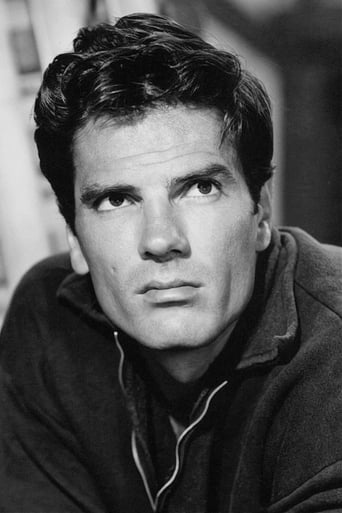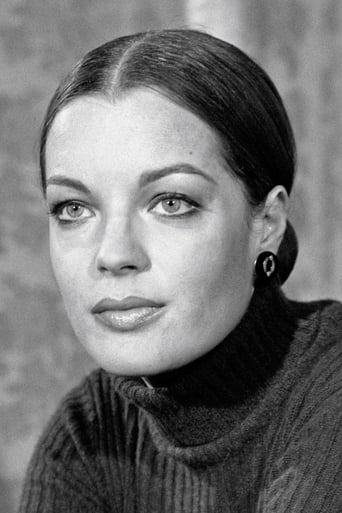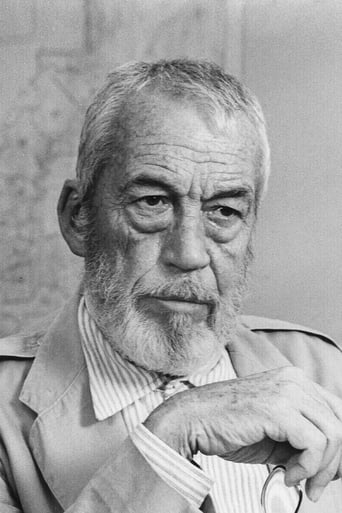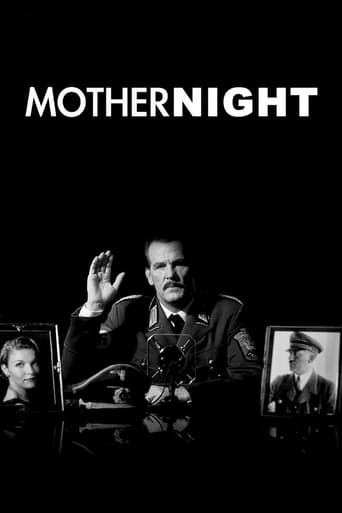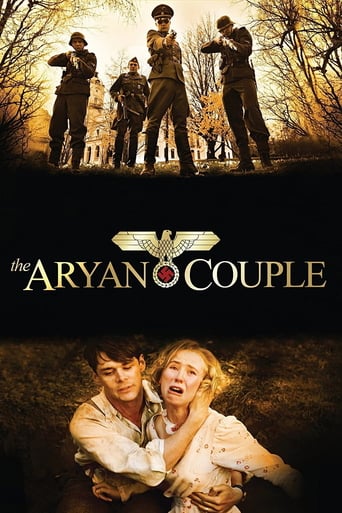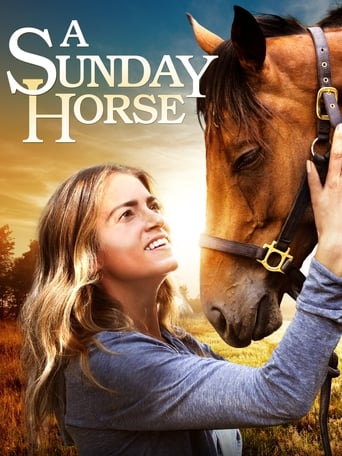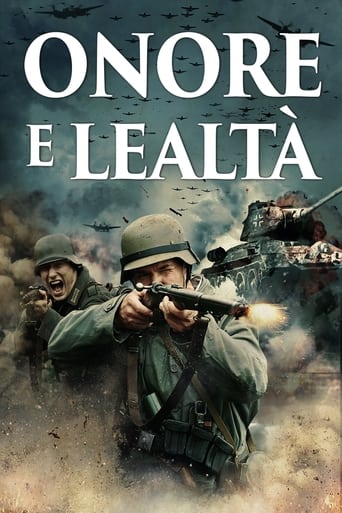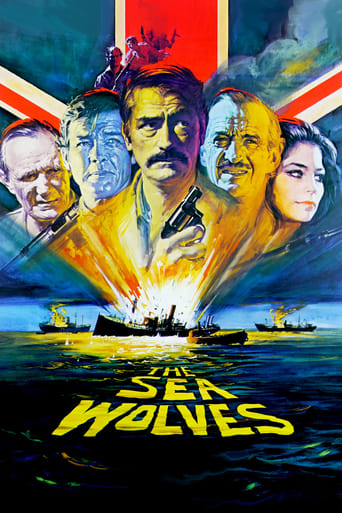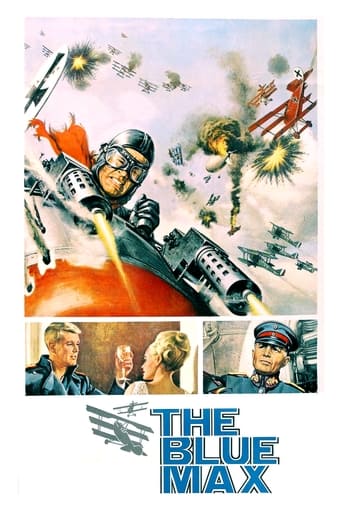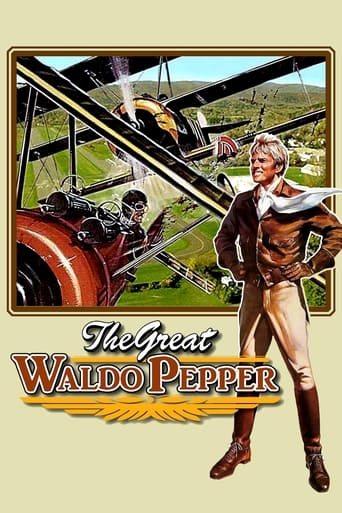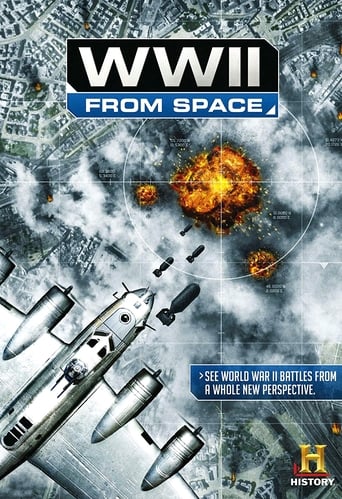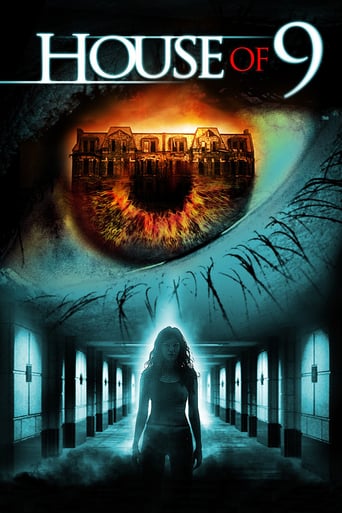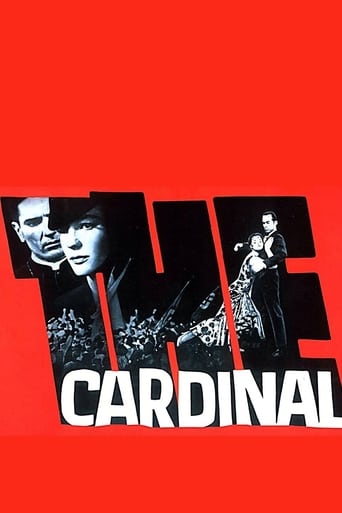
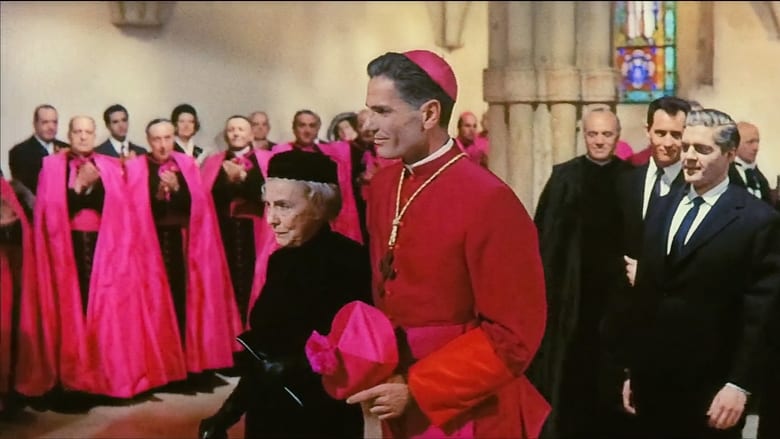
The Cardinal (1963)
A young Catholic priest from Boston confronts bigotry, Nazism, and his own personal conflicts as he rises to the office of cardinal.
Watch Trailer
Cast


Similar titles
Reviews
Otto Preminger's solemn, stately retelling of the rise of Stephen Fermoyle to Cardinal is an interesting albeit lengthy film that has not received its due over the decades since its release in 1963. The many trials and tribulations of Fermoyle's ascension in the Catholic church hierarchy to the College of Cardinals is dramatized by Tom Tryon in the title role. Tryon brings a brooding quality to his interpretation as a priest who has a literary gift that is frowned upon his superior, Cardinal Glennon, and a later, difficult personal decision regarding his youngest sister who is in labor and ready to give birth to her baby. A subsequent leave of absence from the church brings additional inner conflict to Fermoyle as he must choose between a woman's love for him and his devotion to the church and his calling as a priest. Further problems for Fermoyle include intervening in an explosive racial situation in Georgia and as an emissary sent to Vienna during the Nazi occupation in World War II. Tryon's humorless, if not quite wooden, acting brings a certain realism to the film's central character. John Huston and Raf Vallone are excellent in their roles of Cardinals and Romy Schneider is good as the woman who loves Fermoyle and wants to sway him forever from the pull of the priesthood. The film is wonderfully filmed by Leon Shamroy and scored by Jerome Moross, and has a solid cast of top character actors in bit parts. This film should rank as one of the best pictures of the last fifty years.
This was an absolute masterpiece for director Otto Preminger. The story of a conflicted priest who thinks back to his rise within the church on the day that he is to be made a cardinal.The film pulled absolutely no punches when it talks about the social issues of the period, whether it be racism in the south or the rise of Nazi Germany and its take over of Austria in March of 1938.This is a story of a priest in definite conflict. He allowed his religious views to literally end the life of his sister. The disgusting anti-Semitism reared in his own family and by neighborhood friends best described the era.
I was pleasantly surprised to catch "The Cardinal" on the late-late show and find it a very watchable film. Despite the Catholic trappings it's a film about ethics as much as religion - in fact that's the point, as a young priest with scholarly leanings has to put his faith into practice dealing with real-life issues. The opening scenes aren't engaging, but I persevered and got into the film sufficiently to watch it through until 3am! The problem with the opening scenes is the major weakness of the film as a whole : quite a few scenes are woodenly directed, surprising given such an eminent director. The bit players are particularly stiff and don't know where to put themselves, while the more experienced actors handle it better, but what was the director doing? Tom Tryon is not expressive as to face and voice, but has impressive presence and becomes a believable character. Carol Lynley and Romy Schneider work hard at their parts but the female characters are shallow in this film. What I appreciated most about this film (as a non-believer) is that it avoids sentiment and while it states Catholic dogma it leaves a question mark in the air. While the Cardinal joins the ranks of the senior priesthood, pink taffeta, funny hats and all he remains very much an individual man grappling with ethical issues, and sometimes arriving at different conclusions to his colleagues. Recommended as a worthwhile film.
I'm not a major fan of Otto Preminger's work. I find much of his work too long and self important. But I was wonderfully surprised at how much I loved this film, and now it's my favorite Otto Preminger film.This is a wonderful film. It's moving, complex, literate, articulate, and surprisingly thought provoking. The subjects it tackles are still relevant today. The subject of faith, entering the priesthood, sacrifice to God, dealing with abortion, sex, racism, and church leaders and their dealings with politics are issues that haven't gone away, and Preminger handles them quite well without resorting to melodrama and sledgehammer points.The Cardinal moves along at a beautiful pace, and it feels like a grand novel, leisurely, but enthralling. Out of the entire film, there is maybe one or two scenes that are superfluous and could have been cut (the inclusion of a song in a vaudeville theater is one of them), but overall, all the scenes here are valid and tell the story. The film's dialogue is excellent, quite literate and intelligent. The film's score is very subtle, and it's never used as a cue on how to make the viewer feel. In fact, most of the scenes have no music.Preminger's mise en scene has never been better. His framing is immaculate, using long takes extremely well, giving the literate dialogue extra weight by making the viewer really concentrate. Quite often, too much cutting simplifies things, but luckily, Otto avoids that. The cinematography and the production design are magnificent. The film reminded me of, surprisingly, Luchino Visconti's The Leopard. Not in the story (Visconti's film was about the unification of Italy as seen through the eyes of an aristocratic family), but in the production design (which is sumptuous in both The Leopard and The Cardinal), framing, cinematography, and beautiful performances.Tom Tryon, a relative unknown here, is quite good as The Cardinal. He's in nearly every scene and he holds his own very well. Many found him boring, or as least too stoic, but I thought he was pretty damn near perfect. John Huston is great as a cranky but caring Bishop, Burgess Meredith is excellent as a dying priest, and Ossie Davis is great as a black Catholic priest. The scene in which Tryon confronts a racist town where Davis's parish resides is one of the most powerful scenes in the entire film. The film has an abortion scene (which was shocking for 1963, when the film was made), and it's still incredibly powerful and uncomfortable to watch. Some of the film is dated (mostly attitudes about marriage and social mores), but most of it is still valid today.The film is not as deep, mystical, or as intellectual as a Tarkovsky, Bergman, or de Oliveira film, but it comes surprisingly close, and it doesn't have the usual Preminger manufactured controversy. Here he doesn't do that, and makes what I believe is, if not his best film, certainly his most underrated. I recommend this film highly.


